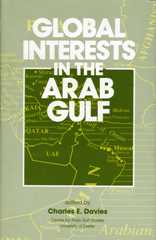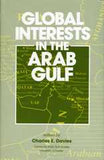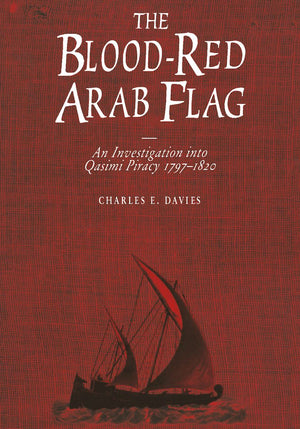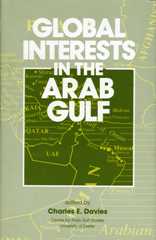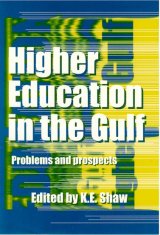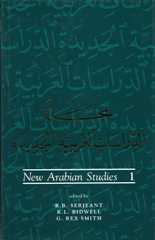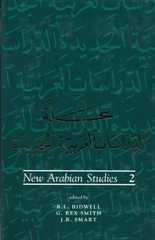University of Exeter Press
Global Interests In The Arab Gulf
Couldn't load pickup availability
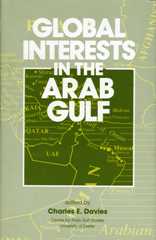
- 432 Pages
This book sets out to examine why the world regards the Gulf as important. Chapters either treat the way in which individual countries view their vital interest in the Gulf, or deal with specific themes such as the question of militarization and the international arms-trade.
The book makes the point that different countries and continents are conscious of possessing a variety of practical interests in the region: for some, the Gulf represents a market for manufactured goods; for some a field of expatriate labour; for some a source of oil; and, for the Superpowers, an area of conspicuous political and strategic importance. This last topic, closely linked as it now is with changes in Eastern Europe and the former USSR, is analyzed at some length in this collection.
This book sets out to examine why the world regards the Gulf as important. Chapters either treat the way in which individual countries view their vital interest in the Gulf, or deal with specific themes such as the question of militarization and the international arms-trade.
"Of interest not only to Middle East specialists, but also to international theorists interested in predictions." (International Affairs)
List of Tables and Figures
Preface
Note on Transliteration
Part One: The Mercantile Attraction in History
1. Siraf and Hormuz between East and West: Merchants and Merchandise in the Gulf, V. Fiorani Piacentini
2. Britain, Trade and Piracy: The British Expeditions against Ras al-Khaima of 1809-10 and 1819-20, Charles E. Davies
Part Two: Core Issues
3. Oil in the Gulf - Internal and External Interaction: Past, Present and Future, Peter A. Davies and Paul J. Stevens
4. Repatriation, Remittances and Reunions: What is Really at Stake for Arab Countries Supplying Labour to the Gulf Co-operation Council States?, J.S. Birks and C.A. Sinclair
Part Three: The Third World
5. The Indian Subcontinent and the Gulf, K. Subrahmanyam
6. The Rise and Convergence of the 'Middle' in the World Economy: The Case of the NICs and the Gulf States, Anoushiravan Ehteshami
Part Four: Other OECD Countries
7. The Western European Union, European Security Interests and the Gulf, Willem Van Eekelen
8. Japan's Oil Strategy in the Gulf Without Arms Deals, Susumu Ishida
Part Five: The Superpowers
9. The USSR and the Arab Gulf: A Current Balance Sheet and Future Assessment, Vitaly Naumkin
10. The USSR's State Interests in the Red Sea Basin and the Horn of Africa in Connection with the Gulf Zone, Alexei Vassiliev
11. United States Power-Projection Capabilities in the Gulf and South-West Asia: Changing Forces for a Changing World, Anthony H. Cordesman
12. US Interests in the Gulf: Implications for America's Regional Policy, Richard W. Murphy
Part Six: Internal Change
13. External Interests and Internal Processes of Militarisation in the Gulf Region, Rolf Muller-Syring
14. The Inevitability of Change: The Under-tow of Political Tides in the Gulf, John Townsend
Glossary
List of Abbreviations
List of Contributors
Index







